The Puerto Rico Portal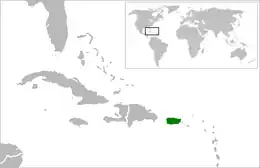 Location of Puerto Rico Puerto Rico (Spanish for 'rich port'; abbreviated PR; Taino: Borikén, Borinquén), officially the Commonwealth of Puerto Rico (Spanish: Estado Libre Asociado de Puerto Rico, lit. 'Free Associated State of Puerto Rico'), is a Caribbean island and unincorporated territory of the United States with official Commonwealth status. It is located in the northeast Caribbean Sea, approximately 1,000 miles (1,600 km) southeast of Miami, Florida, between the Dominican Republic and the U.S. Virgin Islands, and includes the eponymous main island and several smaller islands, such as Mona, Culebra, and Vieques. It has roughly 3.2 million residents, and its capital and most populous city is San Juan. Spanish and English are the official languages of the executive branch of government, though Spanish predominates. Puerto Rico was settled by a succession of peoples beginning 2,000 to 4,000 years ago; these included the Ortoiroid, Saladoid, and Taíno. It was then colonized by Spain following the arrival of Christopher Columbus in 1493. Puerto Rico was contested by other European powers, but remained a Spanish possession for the next four centuries. An influx of African slaves and settlers primarily from the Canary Islands and Andalusia vastly changed the cultural and demographic landscape of the island. Within the Spanish Empire, Puerto Rico played a secondary but strategic role compared to wealthier colonies like Peru and New Spain. By the late 19th century, a distinct Puerto Rican identity began to emerge, centered around a fusion of indigenous, African, and European elements. In 1898, following the Spanish–American War, Puerto Rico was acquired by the United States. Puerto Ricans have been U.S. citizens since 1917, and can move freely between the island and the mainland. However, when resident in the unincorporated territory of Puerto Rico, Puerto Ricans are disenfranchised at the national level, do not vote for the president or vice president, and generally do not pay federal income tax. In common with four other territories, Puerto Rico sends a nonvoting representative to the U.S. Congress, called a Resident Commissioner, and participates in presidential primaries; as it is not a state, Puerto Rico does not have a vote in Congress, which governs it under the Puerto Rico Federal Relations Act of 1950. Congress approved a local constitution in 1952, allowing U.S. citizens residing on the island to elect a governor. Puerto Rico's current and future political status has consistently been a matter of significant debate. Beginning in the mid-20th century, the U.S. government, together with the Puerto Rico Industrial Development Company, launched a series of economic projects to develop Puerto Rico into an industrial high-income economy. It is classified by the International Monetary Fund as a developed jurisdiction with an advanced, high-income economy; it ranks 40th on the Human Development Index. The major sectors of Puerto Rico's economy are manufacturing (primarily pharmaceuticals, petrochemicals, and electronics) followed by services (namely tourism and hospitality). (Full article...) Entries here consist of Good and Featured articles, which meet a core set of high editorial standards.
Selected picture –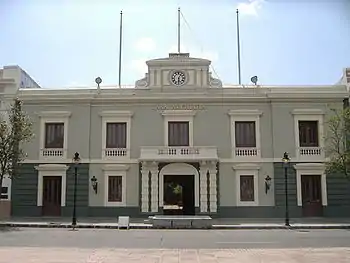 Photo credit: Mtmelendez
City halls in Puerto Rico, such as the one in Ponce, are usually the centerpieces of each Municipality's town center. Most are located across the town plaza, and are frequented by the public and tourists alike. Selected anniversaries for November
WikiProjects
Selected article –.jpg.webp) Selected biography –.jpg.webp) Sylvia Mendez (born June 7, 1936) is an American civil rights activist and retired nurse. At age eight, she played an instrumental role in the Mendez v. Westminster case, the landmark desegregation case of 1946. The case successfully ended de jure segregation in California and paved the way for integration and the American civil rights movement. Mendez grew up during a time when most southern and southwestern schools were segregated. In the case of California, Hispanics were not allowed to attend schools that were designated for "Whites" only and were sent to the so-called "Mexican schools." Mendez was denied enrollment to a "Whites" only school, an event which prompted her parents to take action and together organized various sectors of the Hispanic community who filed a lawsuit in the local federal court. The success of their action, of which Sylvia was the principal catalyst, would eventually bring to an end the era of segregated education. (Full article...)Did you know –Military-related topics
 Modesto Cartagena
General imagesThe following are images from various Puerto Rico-related articles on Wikipedia.
Selected quote –
Puerto Rico-related topicsCategoriesCategory puzzle Select [►] to view subcategories
Puerto Rico Puerto Rico-related lists Buildings and structures in Puerto Rico Puerto Rican culture Economy of Puerto Rico Education in Puerto Rico Environment of Puerto Rico Geography of Puerto Rico Health in Puerto Rico History of Puerto Rico Military in Puerto Rico Organizations based in Puerto Rico Politics of Puerto Rico Puerto Rican people Society of Puerto Rico Puerto Rico stubs Related Portals
How you can help
Related WikimediaThe following Wikimedia Foundation sister projects provide more on this subject:
SourcesDiscover Wikipedia using portals
Notes | |||||||||||||||||||||||||||||||||||||||
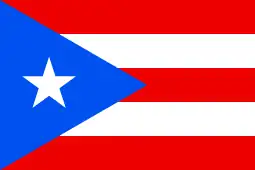


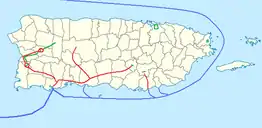
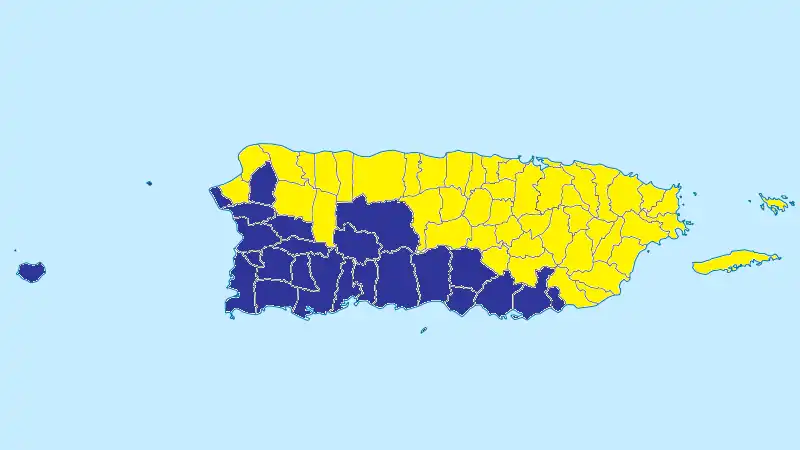
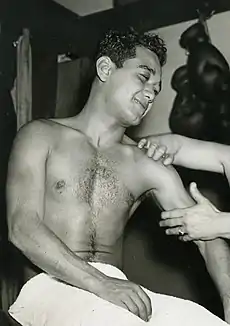
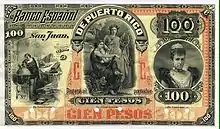
_areas_affected.png.webp)
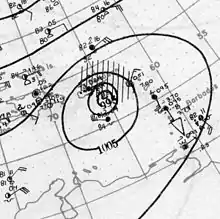
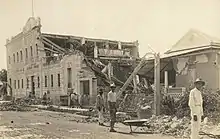
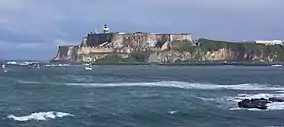
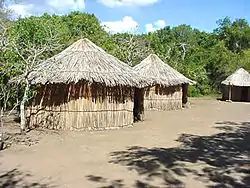
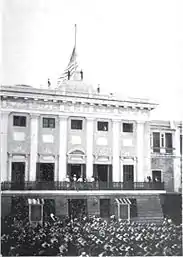
.png.webp)
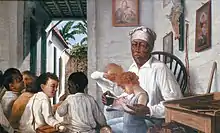
.jpg.webp)
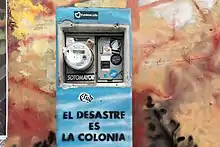
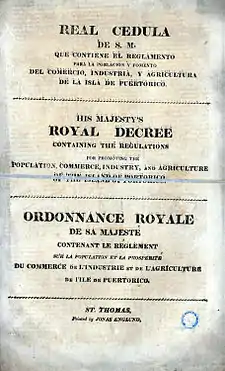
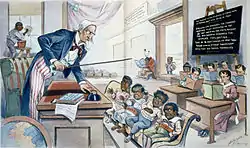
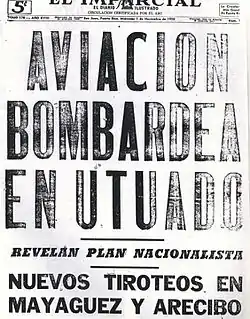
_1.083_JUAN_PONCE_DE_LE%C3%93N.jpg.webp)
.jpg.webp)
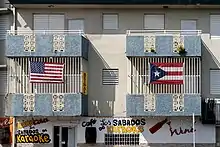
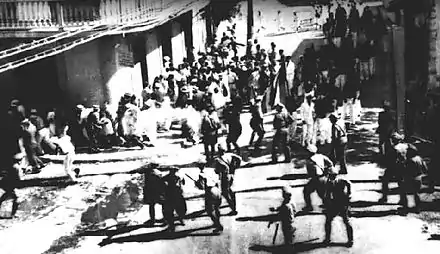

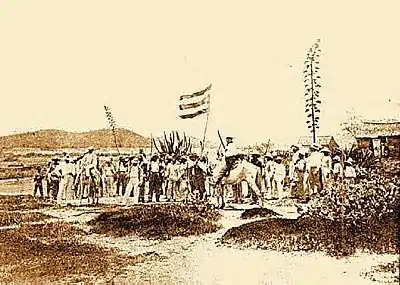
.svg.png.webp)
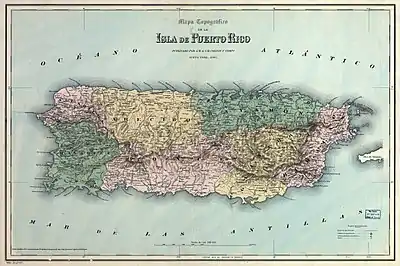
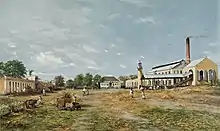
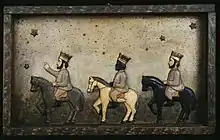
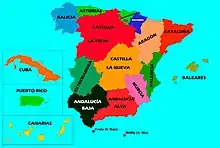
.svg.png.webp)
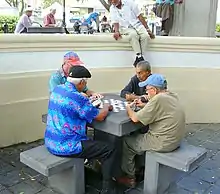
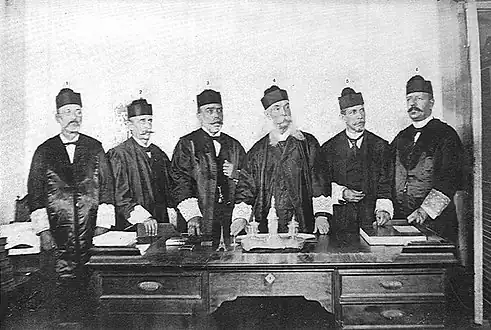
.svg.png.webp)
.svg.png.webp)